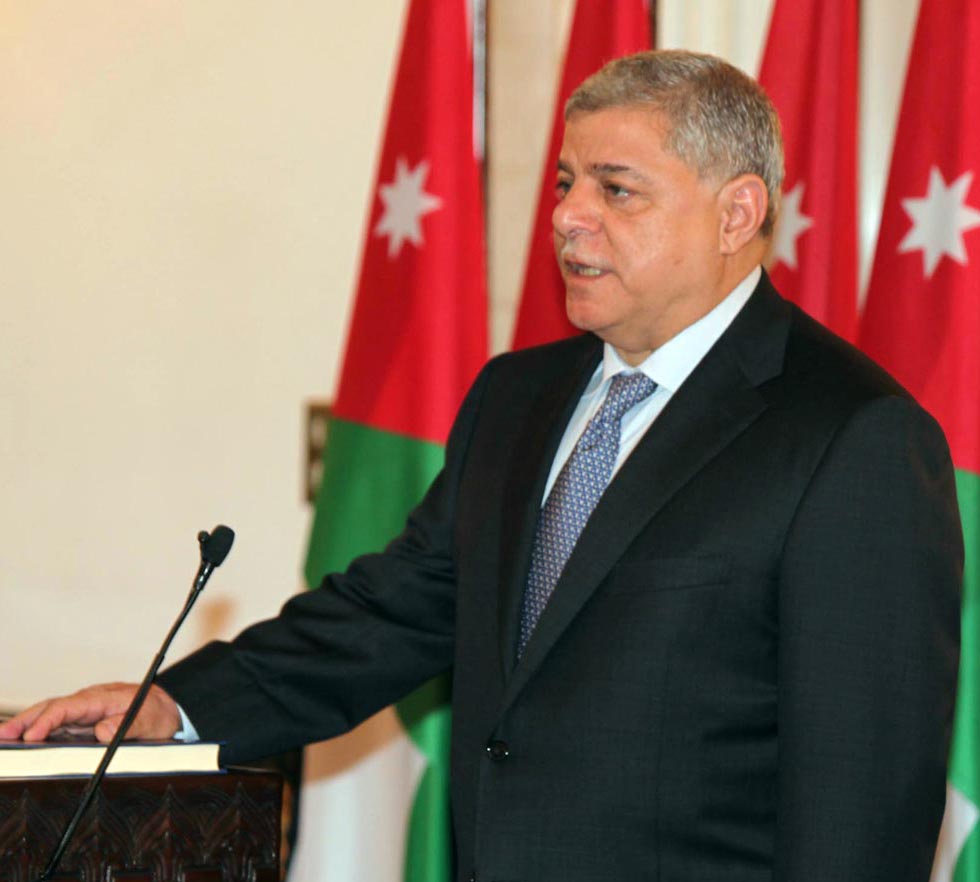The Chairman of the National Transitional Council, Mustapha Abdul Jalil, has denied statement attributed to him by French newspaper Le Figaro . . .[restrict]that Libyan Islamists were a threat to the Libyans, even more so than to the rest of the world. “My statements were distorted,” he told the Libyan News Agency.
Jalil had a lengthy interview with Le Figaro, published on Wednesday 1February, in which among other questions he about asked about concerns elsewhere in the world over the possibility of Libyan Islamists coming to power, as had happened in Tunisia and Egypt.
He was reported as saying: “The Islamists disturb the Libyans more than they disturb the West. The moderate Islam will rule in this country. Ninety percent of Libyans want a moderate Islam. There are just five percent liberals and five percent fundamentalists.”
Clarifying what he has said, Abdul Jalil pointed out that all that he had said was that “the Libyans are a Muslim society and that about 90 percent of them are moderate Muslims so do not constitute any threat to anyone. On the other hand the extremists, either to the left or right, do not make more than five percent of the Libyans on each side. Therefore they can only be a threat to the Libyans in the first place before anyone else.”
Jalil said that he had been amazed to discover himself being quoted on a Libyan TV channel saying that Islamists constituted a danger to the Libyans. “This is not true,” he said, making a distinction between Islamists and extremists. “All that I said was that extremists were posing a threat to the Libyans before the others. As for the Islamists, it is obvious that Libya is a Muslim country. And a moderate one.”
In his interview with Le Figaro, Jalil also insisted that Saif Al Islam Qaddafi had to be ”tried in Libya” and not by the International Criminal Court.
There has been considerable debate about this in the international media although the ICC rules are someone accused of war crimes and crimes against humanity should be tried by the ICC only if his own country refuses to act or is unable to do so. That is not the case here. However, there is a gray area because the ICC’s warrant against Saif Al Islam was issued when the Qaddafi regime still had a hold on power in power in the west of the country and certainly had no intention of investigating the charges.
Jalil also said in his interview with Le Figaro that Libya would have a budget deficit of some LD 12.5 billion ($10 billion) this year because of restricted income.
“The production of oil has brought in $4 billion in the last five months, while the salaries of civil servants are $22 billion a year and spending on electricity and fuel $14 billion,” Jalil said.
This is almost double the figure stated by the central bank governor, Saddeq Omar Elkaber three weeks ago. On 19 January he said that there would be a LD 7-billion deficit in the 2012 budget. Elkaber also said that 95 percent of Libya’s $100 billion in assets had been unfrozen but Jalil told Le Figaro “only $6 billion has been repatriated.”
On Monday, the International Monetary Fund has said that the government’s finances remained “precarious” and that restoring oil production was crucial to rebuilding the country and reviving the economy after the eight month-long uprising.
Abdel Jalil said that local councils were putting together organisational structures and once they were in place money would be injected to pay government employees. He said that process should be completed by 17 February.
[/restrict]







